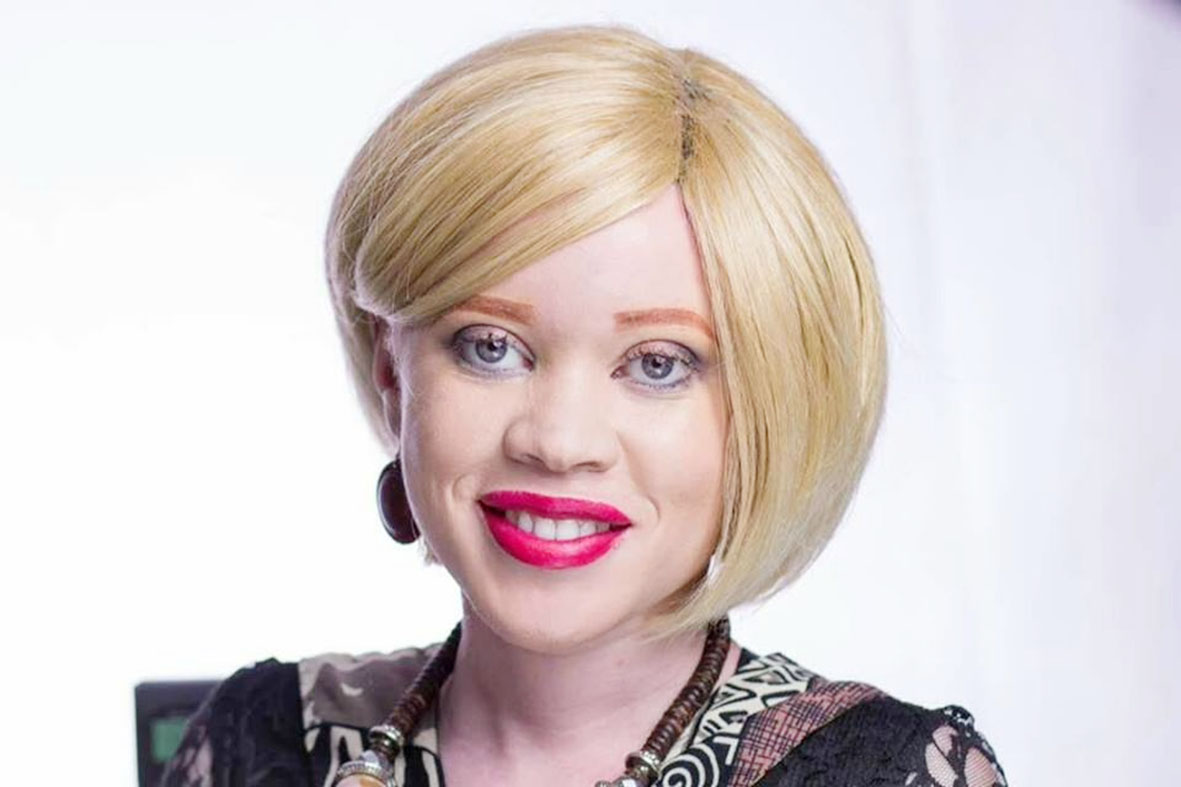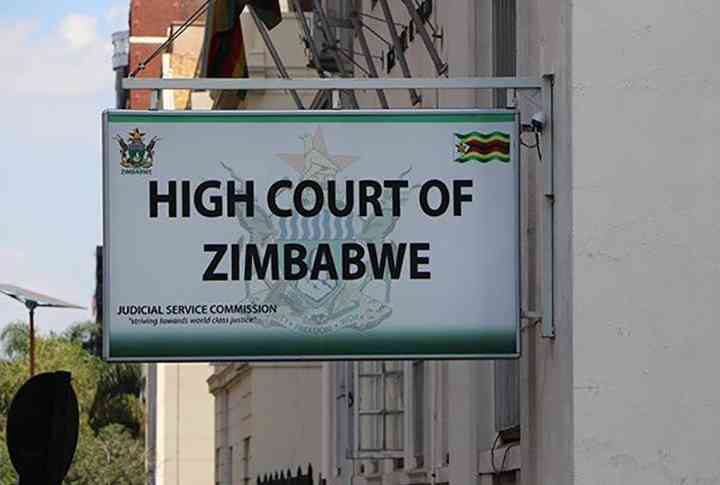
BY TAFADZWA KACHIKO FIVE years ago, a seven-year-old Chitungwiza girl, Marry (not real name) survived an attempt to sell her off for ritual purposes to some people in South Africa.
Her “crime” was that she was born with the albinism condition.
In sub-Saharan Africa, people with albinism face a tricky life of constantly dodging being snatched away and their body parts hacked off and used in rituals to supposedly bring good fortune and protection to those who possess the parts.
People with albinism (PWAs)’s hair, bones, genitals and thumbs are believed to possess powers to bring wealth or success in some sub-Saharan cultures.
In the past decade, UN Human Rights has received reports of more than 600 attacks against children and adults with albinism. Tanzania reportedly has the highest number of recorded attacks globally against PWAs.
If not for her father’s immense love, Marry could have been sold off in 2017 to some people in Soweto, Johannesburg, South Africa when she was only a year and four months old.
Her father, who is now mentally ill, escaped with his last born child from Eldorado Park in Soweto back to Zimbabwe.
Organisations representing PWAs and human rights lawyers told NewsDay that although there are no reported cases of ritual killings of people with albinism in Zimbabwe, they were still struggling against stigma and prejudice.
- Chamisa under fire over US$120K donation
- Mavhunga puts DeMbare into Chibuku quarterfinals
- Pension funds bet on Cabora Bassa oilfields
- Councils defy govt fire tender directive
Keep Reading
But they likened the trauma to being killed.
Marry’s grandmother said some people take advantage of her granddaughter’s condition by taking her photos and sharing them with well-wishers to fatten their pockets.
“I am angered by people who pretend to be good samaritans,” she said.
“They take pictures of my granddaughter and swindle well-wishers’ money. Just recently I heard that our pictures were being circulated. The culprits claimed that I was looking for assistance to take care of my eight grandchildren. I do not know where that person got that from. It is sad that some people still take advantage of her condition,” said the grandmother.
Marry is currently under the care of the Chitungwiza-based Albino Charity Organisation of Zimbabwe (Acoz) founded by Loveness Mainato.
Alive Albinism Initiative director Gwenlisa Mushonga said challenges facing PWAs are complex and involve, but not limited to, societal injustices, lack of representation in societal spaces and exclusion from participating in political and economic spaces.
“All our challenges are caused by stigma. No one wants to employ us because of the belief that we scare away customers. Therefore, I cannot get employed even if I am educated,” said Mushonga.
When the HIV and Aids pandemic surfaced, PWAs were targeted in some communities after some traditional healers prescribed that having sex with a PWA would cure the disease.
“When men propose love, we do not ask their motives. We just feel that we are in love and take that as a great opportunity. Why should I question the man’s motives?” Mushonga added.
“We have victims who are still seeing those who raped them walking freely.
“They are even told that, ‘you are lucky to be raped because no one likes to sleep with PWA. Where could you get a man to have sex with or groom you?’” said Mainato.
“It is so sad. Most rape cases just go unreported because victims fear stereotyping and marginalisation. Children at Acoz are opening up saying they will not go to report the cases for fear of being chased away from police stations because of their skin,” she added.
Besides stigma, abuse and discrimination, PWAs have another big enemy to their existence: The sun. PWAs need to use sunscreen lotion to protect their very fragile skin, but many cannot afford the lotion, which, on average costs at least US$25 per 100ml.
According to human rights lawyer Job Sikhala, Zimbabwe has no laws that specifically promote and protect the rights of PWAs.
“The advancement of their rights has not been taken seriously and they have been classified as equals to any other citizen of Zimbabwe. There have never been affirmative action programmes to empower them because their condition needs special attention,” he said.
The Zimbabwe Human Rights Commission (ZHRC) also noted that lack of access to medical facilities and the high cost of sunscreen creams for PWAs are adversely impacting on their right to health.
“This, coupled with not being afforded equal opportunities and consideration in community projects and employment opportunities particularly concerning work that involves exposure to the sun and areas of high temperature, is a cause for concern for PWA.
“Thus, PWAs suffer great prejudice which negatively impacts on their rights to equality and non-discrimination,” ZHRC said.
The commission proposes that government, through the Ministry of Primary and Secondary Education, should come up with a comprehensive disability policy which accommodates all people with disabilities including PWAs.
While also encouraging the Department of Disability Affairs to continuously work with the media on disability awareness in all communities, ZHRC said government should consider free provision and distribution of sun creams to PWAs at all public hospitals and pharmacies, while cancer treatment centres should be decentralised and the cost of treatment be subsidised for PWAs.
June 13 is International Albinism Awareness Day and this year’s theme is Strength Beyond All Odds to highlight the achievements of PWAs around the world.
The global event is aimed at ending violence and discrimination against people with albinism. According to the United Nations, one person in 20 000 lives with the condition, most of them in sub-Saharan Africa.
- Follow Tafadzwa on Twitter @Tafadzw_Kachiko











